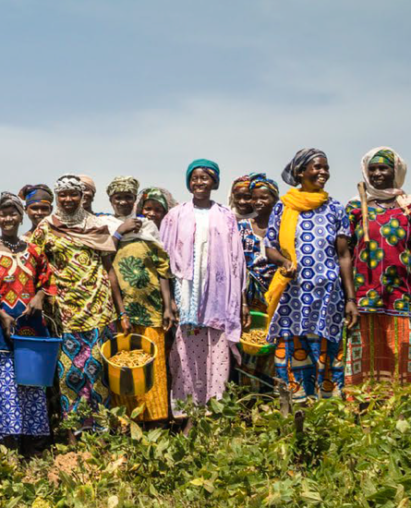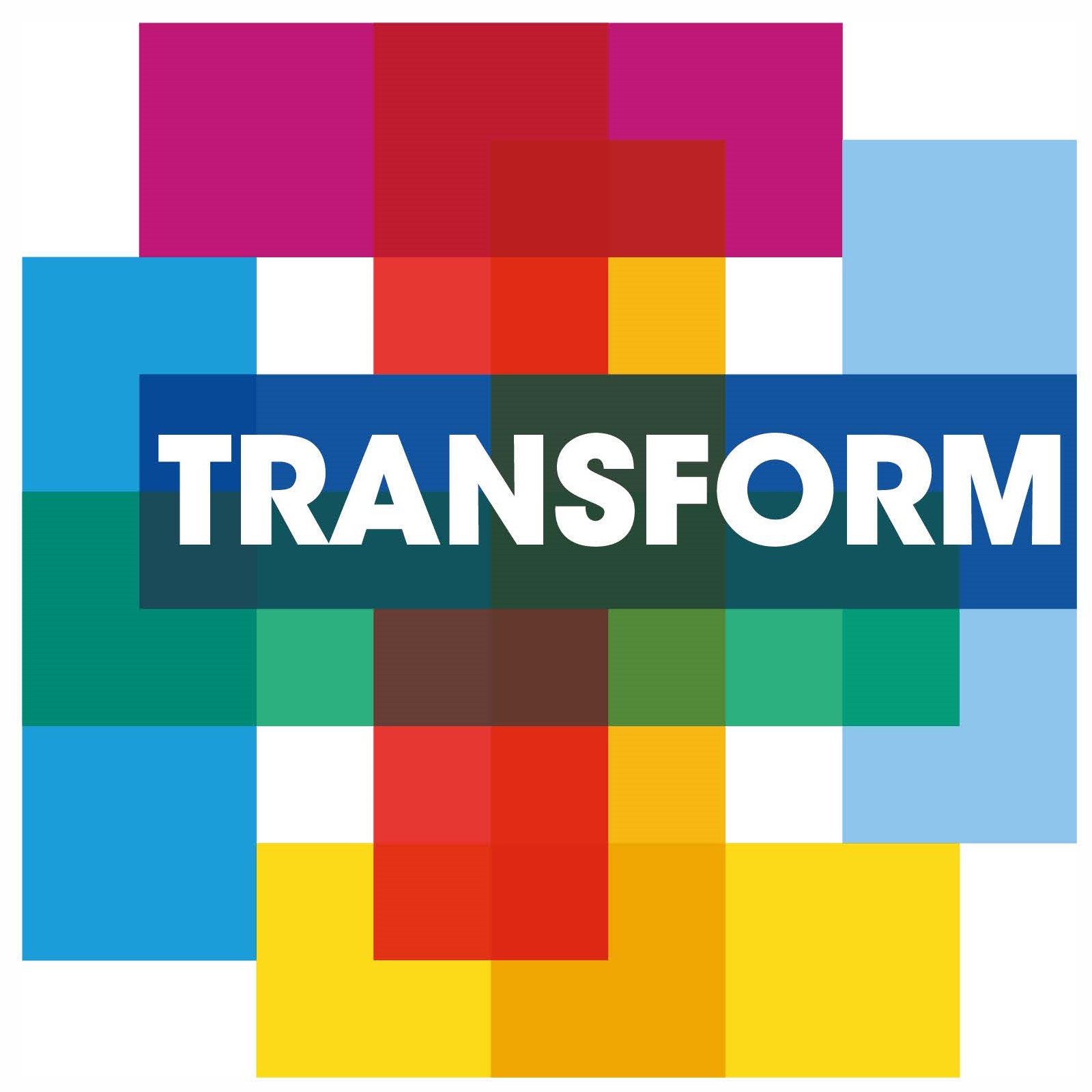
A big challenge faced by women in urban areas of India is accessing safe, hygienic toilets outside the home, particularly when menstruating. Most public facilities are dirty and badly maintained.
Saraplast provides safe and hygienic public toilets to women and girls by converting old buses into beautiful, static public toilets, plumbed into existing sewer and water lines, and powered by solar energy. Known as ‘Ti Buses’ (‘ti’ translates to ‘her’ in Marathi), they also provide access to washbasins, soap and sanitary napkins, with spaces for baby changing and breastfeeding.
Working with TRANSFORM while using a human-centric design, Saraplast was able to develop its ‘toilet +’ model. It found it could package a range of services in a bundle, tailored to its female users. Combining extensive market research with quick on-the-ground testing, it trialled several service bundles and identified additional services, such as health cafes, for women . Through TRANSFORM, Unilever’s marketing team helped with brand development and social media campaigns, and offered one-to-one support on analysing data.
In the wake of COVID-19 local government authorities in the worst affected regions established quarantine centres, COVID camps at hospitals and shelters for migrant labourers. Saraplast had already provided portable toilets and handwash stations at some of these sites, but they needed regular sanitisation and disinfection to prevent further spread. Further funding and support from TRANSFORM during the pandemic enabled Saraplast to buy machinery, such as jet sprayers, and to source personal protective gear to safely deliver sanitation and disinfection services in high-risk settings.
Get in touch with Saraplast
If you would like to learn more or explore more opportunities for collaboration, click below to connect with this enterprise.
contact
Joining our enterprise network
If your impact enterprise could benefit from expert support, and contribute to COVID-19 response efforts, please join our network.
